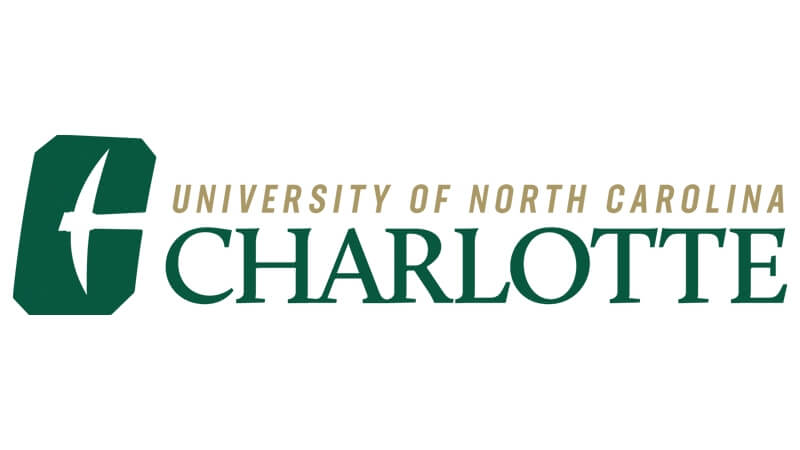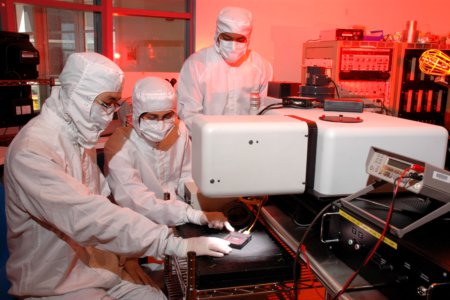University of North Carolina at Charlotte (UNC Charlotte) engineering graduates go far. Whether pursuing career opportunities with top-tier tech companies or seeking academic or advanced research positions, students earning graduate degrees in Electrical and Computer Engineering demonstrate admirable success.
At UNC Charlotte, a diverse and inclusive institution with local-to-global impact that transforms lives, graduate students have endless opportunities to pursue excellence in one of its over 175 exemplary programs.
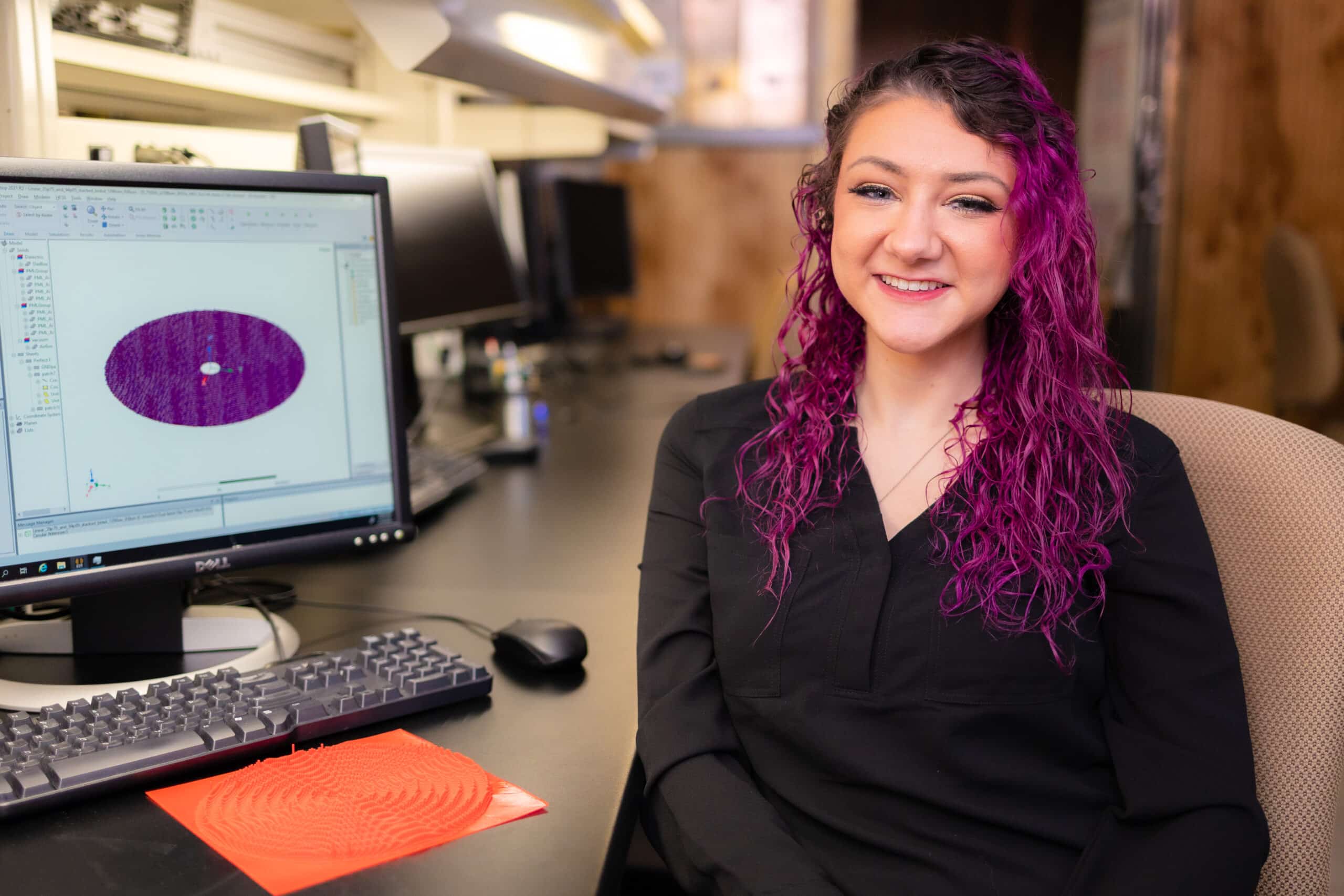
UNC Charlotte’s “Dual- and Trial-band Metasurface Antennas for Space Applications” research project is sponsored by NASA/JPL. Source: UNC Charlotte
Its Department of Electrical and Computer Engineering (ECE) is no different. Programs like the Master of Science in Computer Engineering (MSCPE) and Master of Science in Electrical Engineering (MSEE) combine a robust mix of theoretical knowledge and practical application in true UNC Charlotte fashion. They include relevant research projects, newly developed courses, and opportunities to work closely with industry figures.
Support is available every step of the way. Eighty six percent of all full-time graduate students receive financial assistance, including full and partial teaching or research assistantships, fellowships, and tuition awards.
Working with experienced faculty on relevant projects and research
ECE research projects are practical, relevant, and exciting — some are even linked to the National Aeronautics and Space Administration (NASA). As an example, this NASA project involves metasurface antennas for space applications, building upon the emerging concept of metasurfaces. Students work to develop new antenna solutions operating in multiple frequency bands. Results from this research can be used in various areas, such as earth and climate science, remote sensing, and satellite communications.
Another project — “Security for Internet of Things and Reconfigurable Architectures” — focuses on hardware and embedded layers to leverage and implement efficient security solutions. The “FPGA Side Channel Analysis and Countermeasures” project explores side-channel attacks that steal secret information such as keys used in the encryption engine and devises countermeasures to protect the keys and secrets from adversaries. Meanwhile, the newly developed “Convex Optimization and AI Applications” course lets students formulate and solve real-world engineering problems related to robotics, automation, and signals and systems.
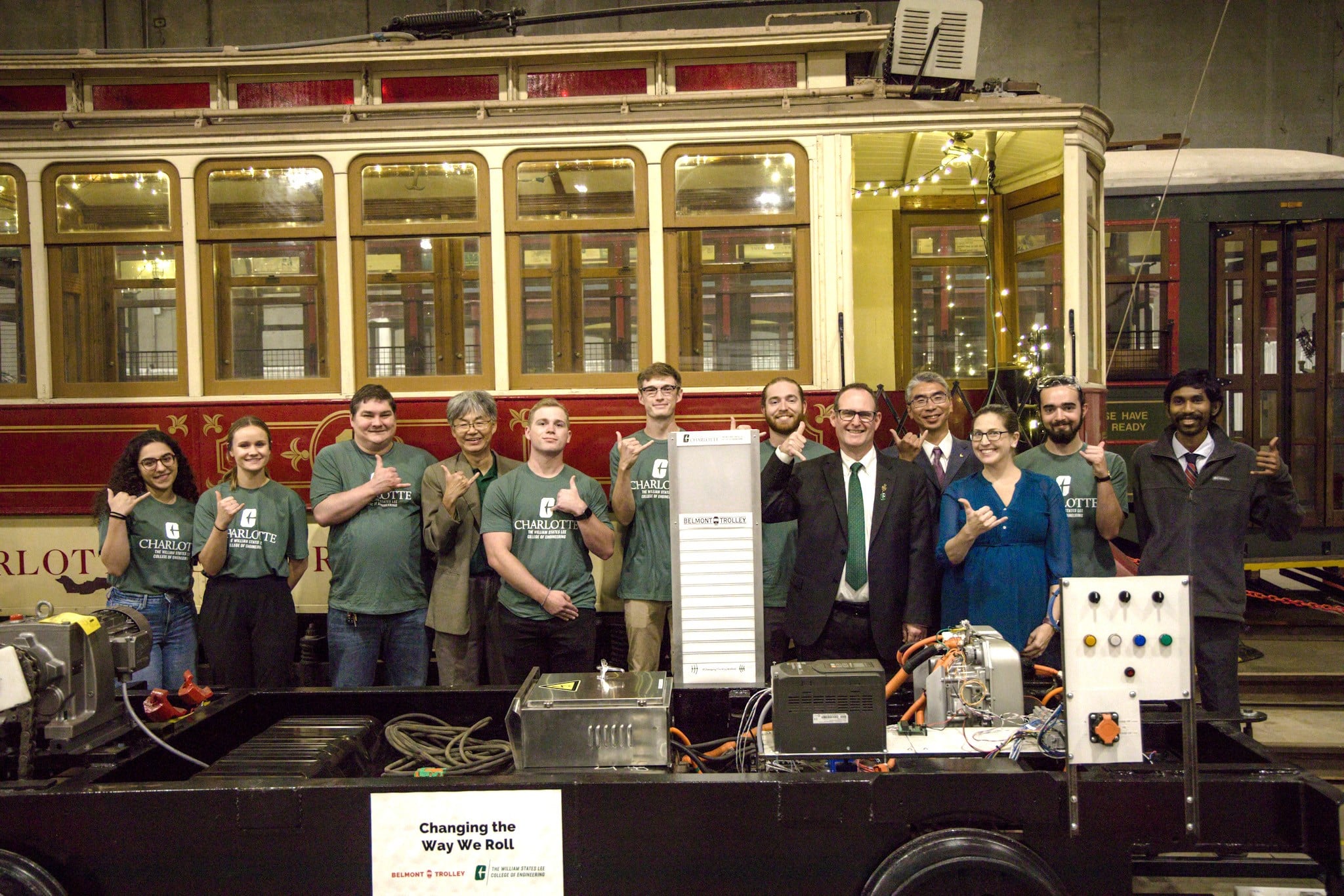
ECE students can work on extensive lab projects that give them hands-on experience. Source: UNC Charlotte
There is no shortage of dynamic projects for students to join. Whichever they choose, they’ll have the guidance of professors with a wealth of experience – ideal for students seeking to leverage their expertise. Take Dr. Mario J. Mencagli, for example. He holds a PhD in Electromagnetics Engineering, MS in Telecommunications Engineering, and BS in Telecommunications Engineering. Mencagli’s written work on transformation optics and metasurfaces has also been published in scientific journals.
His colleagues are just as prolific — with no shortage of awards between them. Dr. Hamed Tabhki, an assistant professor at ECE, received an award of US$2.4 million from the National Science Foundation (NSF) for his NSF Smart and Connected Communities (S&CC) project. Dr. Sukumar Kamalasadan has won the 2022 Stuck Gold Award from the Williams States Lee College of Engineering at UNC Charlotte. Likewise, Dr. Badrul Chowdhury secured the 2022 Senior Research Award to recognise his research and impact on a field of study.
NSF has also awarded Dr. Ahmed Arafa the prestigious NSF CAREER award entitled “Towards Realizing Timely Information Transfer and Processing for Networked Communication Systems,” worth US$500,000. This grant aims to develop low-latency information acquisition techniques for networked communication systems, specifically focusing on federated learning, cloud computing, and remote sensing frameworks.
Modern courses to tackle challenges in the 21st century
Likewise, courses and modules are developed to reflect challenges in the modern era. Through the MSCPE, students learn about the current and future generations of computer hardware and software technologies through three focus areas: Computer Architecture and Hardware Design, Computer Systems and Applications Software, and Distributed and Real-time Computer Systems.
Similarly, be prepared to gain specialized knowledge of the theory and applications of electrical systems and signal processing through the MSEE program. This master’s program covers communications, controls and signal processing, electronic and electromagnetic devices, and power and energy systems.
Students can explore areas like wireless communications and networking, robotics and dynamical systems, image processing and computer vision, machine learning, and many more.
One student who took the Information Theory and Applications course shares: “This has been by far the most unique and interesting course I have taken at UNC Charlotte. Having a large part of the course dedicated to applications was also wonderful. The lectures were always densely packed with content, and the notes uploaded afterwards [had] this density as well.”
The reviews for the “Solid State Circuit Protection” and “Power Electronics for Transportation Electrification” classes are just as positive. “This class gave me knowledge that I would not find anywhere else. I feel that this class is very applicable to the future of the power industry and is very good knowledge to have,” says one student.
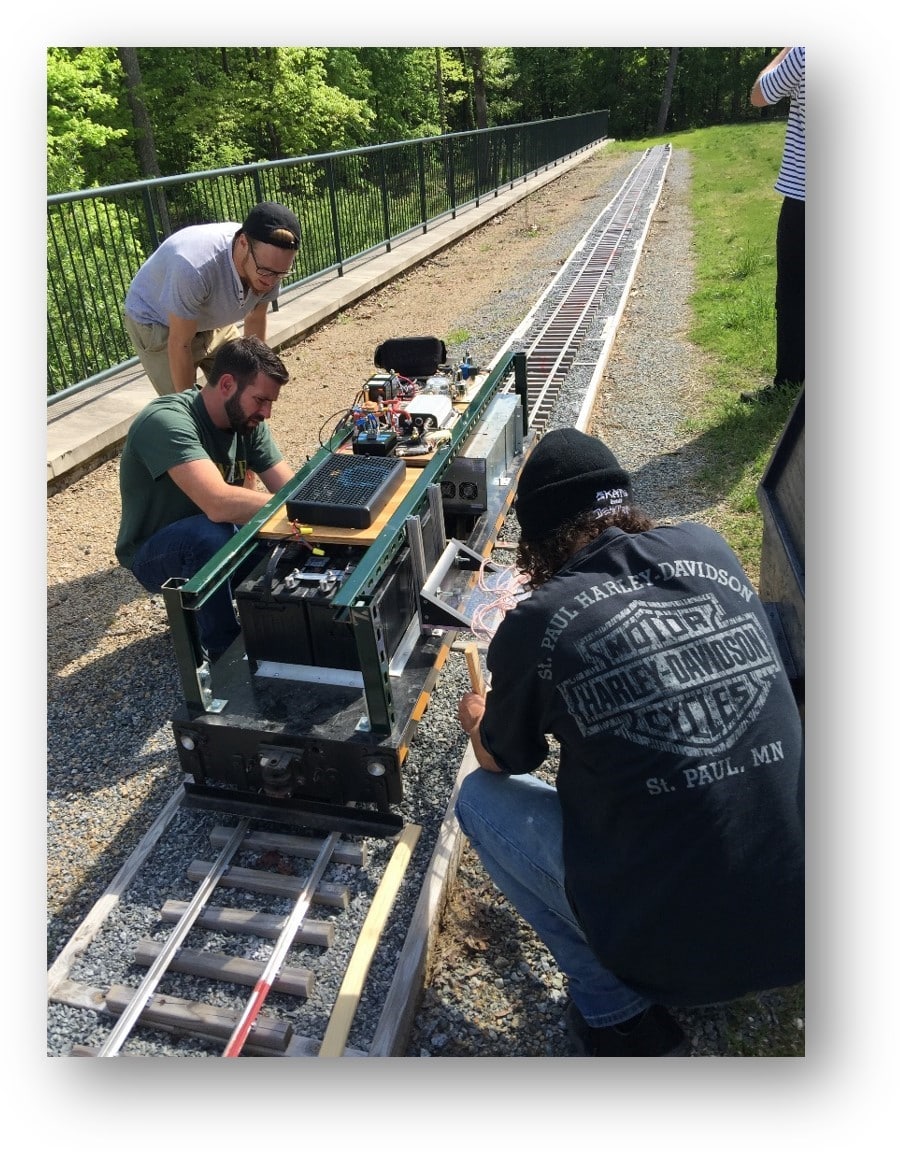
ECE students often find their projects challenging enough to get them out of their comfort zones. Source: UNC Charlotte
“Dr. Tiefu Zhao is very approachable. In his class, the emerging areas in the field of solid state breakers and their applications were discussed which I liked the most,” says another student.
Promising career prospects
At ECE, it’s ultimately about being in the right place at the right time. With the facilities, relevant courses, engaging research projects, and experienced faculty, graduates are ready to make an impact.
Emily Abbate, who completed her master’s degree after writing a thesis titled “Applying Energy Justice Framework To Resiliency Studies In Power Systems,” was a research assistant on two high-impact externally funded research projects. Today, she is working as an Associate Project Engineer at Schweitzer Engineering Laboratories in North Carolina.
Another PhD student is already working on a project for NASA’s Jet Propulsion Laboratory, a world-renowned facility for space exploration. With this, she has the opportunity to attend international conferences, publish papers and file US patents. She will also be interning at the laboratory
Other ECE students can be found in leading companies and organizations around the world as well, the likes of Apple, Facebook, Qualcomm, Cadence, Microchip, Duke Energy, Nokia, Seagate and Comcast.
Click here to find out how you could be part of exciting program and projects at the Department of Electrical and Computer Engineering.
Follow UNC Charlotte on Facebook, Instagram, Twitter, YouTube and LinkedIn






